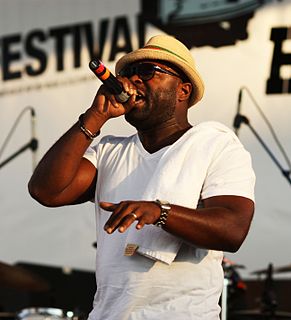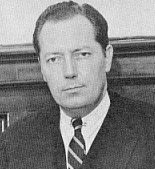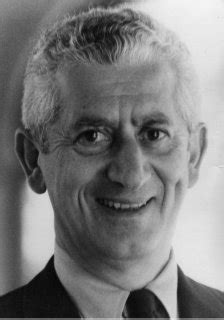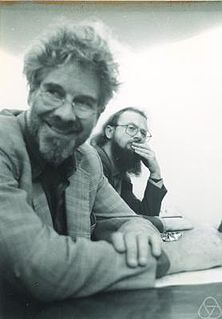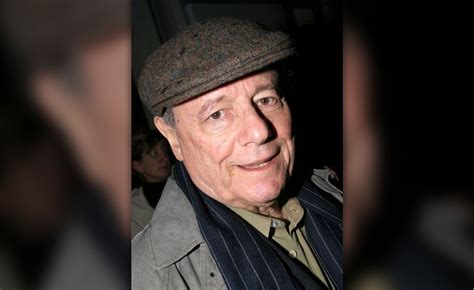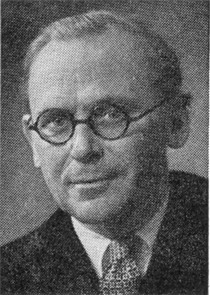A Quote by Gregory Bateson
Related Quotes
Mastery requires endurance. Mastery, a word we don’t use often, is not the equivalent of what we might consider its cognate—perfectionism—an inhuman aim motivated by a concern with how others view us. Mastery is also not the same as success—an event-based victory based on a peak point, a punctuated moment in time. Mastery is not merely a commitment to a goal, but to a curved-line, constant pursuit.
Although most informed balletomanes would place artistry above technique, artistry without a strong technique is a flaccid, bloodless thing indeed, whereas technique without much artistry can still dazzle us in the manner of the circus or sports arena translated to a higher plane. Though the perfect blend of the two elements is the consummation devoutly to be wished, the real enemy of good ballet is not the slight preponderance of one or the other but the prevalence of pantomime--the turning of dance into second-rate theater.
One can be a great artist without being a great technician. There have been many famous ballet stars who did not have the ideal body or total mastery of all aspects of the art form, but on the stage they possessed magnetism-true artistry, by which I mean a charismatic quality. You can work with a coach to try and develop it, but a true artist has the ability to express his inner feelings naturally.
The same costume will be Indecent ten years before its time, Shameless five years before its time, Outre (daring) one year before its time, Smart (in its own time), Dowdy one year after its time, Ridiculous twenty years after its time, Amusing thirty years after its time, Quaint fifty years after its time, Charming seventy years after its time, Romantic one-hundred years after its time, Beautiful one-hundred-and-fifty years after its time.
I'm happy to be a woman but much of it was learned over the course of life. Really thudded into me. You learn it. It's a kind of mastery and artistry. The deeper person underneath the scent of Diptyque Philosykos or whatever is much less gendered. Every person has a range. In fiction, you get to be it all. I'm as much the men in my book as I am the women. I write how I write and there is no mission to stake a claim.
There is always, in the fine arts, a physical interface between the artist's esthetic vision and the material result he seeks. The interface may be the application of brush to canvas, chisel to marble, bow to string... It may be the control of voice in song or the control of body in dance. It is the mastery of the interface that comprises the artistry; it is what constitutes the 'art' in fine art.

